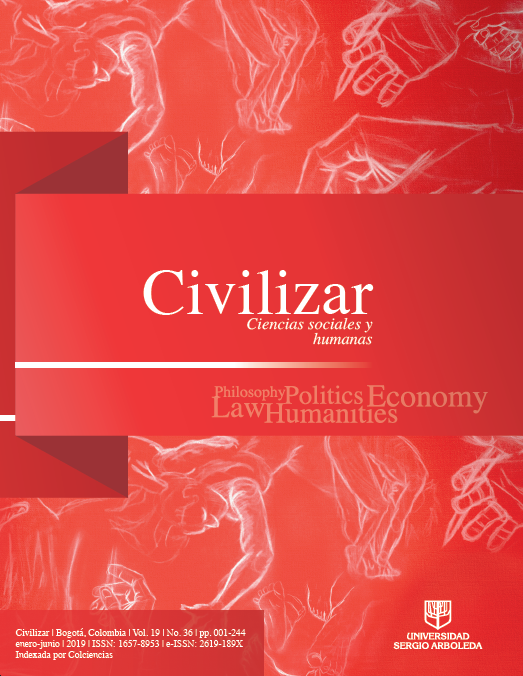Abstract
Analytical review of metropolitan government and governance in Western countries: A critical criticism (Lefèvre, C., 1998).
For more than half a century, several factors have given rise to the discussion of the concept of metropolitan government. In general terms, it favors the idea of the new institutionality based on political legitimacy, the granting of autonomy to different scales of power, wide jurisdictional range and great territorial understanding. From the new institutional arrangements proposed by the model, the supra-municipal and intra-municipal ones are located, each one differentiated by the degree of authority within the metropolitan structure. On the other hand, there are the social pressure groups, considered another scale of the territorial structure, which may not accept the metropolitan functional structure. Although a more holistic vision results, the new Governance Model is subject to the traditional political-institutional problems and to the "current economic climate".
References
Jouve, B., & Lefèvre, C. (1997). When territorial political culture makes urban institution the metropolitan city of Bologna. Government and Policy, 15(1), 89-111. doi: https://doi.org/10.1068/c150089
Lefèvre, C. (1998). Metropolitan government and governance in western countries: A Critical Review. International Journal or Urban and Regional Research, 22, 9-25. doi: https://doi.org/10.1111/1468-2427.00120

This work is licensed under a Creative Commons Attribution-NonCommercial-NoDerivatives 4.0 International License.
Copyright (c) 2019 Journal Civilizar: Social and Human Sciences


